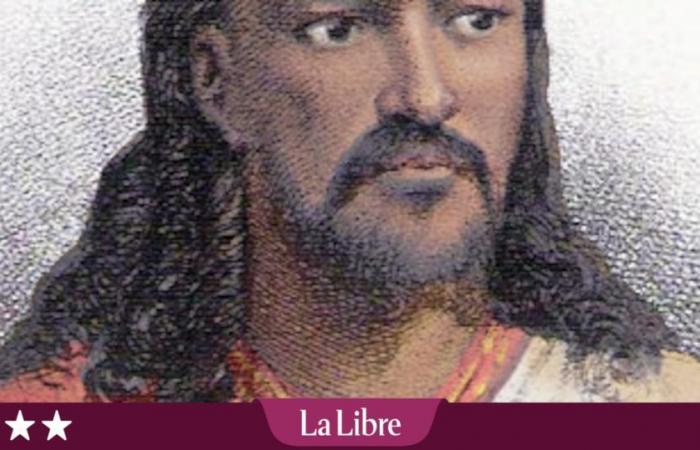Imagination et culture
Born June 1, 1956 in Bucharest, doctor of letters in 1999 with a thesis on Romanian PostmodernismMircéa Cartarescu taught literature at the universities of Bucharest and Stuttgart, fulfilled various cultural missions, wrote around thirty books and received the Thomas Mann prize in Germany, the Formentor prize in Spain and the Dublin Literary Award in Ireland.
Under the communist regime of Ceaucescu, young Mircéa devoured books as a teenager hungry for discoveries but deprived of freedom. Hence the richness of a writing which intertwines inventions and allusions like Richard Wagner his leitmotifs in Twilight of the Gods. This historical and literary culture allows him to play with borders and centuries, reality and fantasy, in a perpetual back and forth between heaven and earth.
His novel is freely inspired by the true story of the negus Kassa (1818-1868) who, starting from nothing, reigned for fifteen years over Ethiopia under the name of Theodoros II. He was the architect of the unification of the country but at the cost, specifies Petit Robert, of a violent and xenophobic policy. From there, Cartarescu imagined the rise of the son of the Greek servant of a small Romanian aristocrat from Wallachia to the imperial throne of the mythical descendants of the Queen of Sheba. Nourished, as a child, by the exploits of Alexander the Great, with which his mother nursed him, Theodoros dreamed from an early age of one day equaling the Macedonian. He will stop at nothing, no pillage, no massacre, no sin to achieve this. With a band of pirates, he scoured the Dodecanese islands for seven years to amass wealth and prestige. And give himself the means to achieve the conquest he dreams of.
The mythical Queen of Sheba
The novel also includes the visit of the Queen of Sheba to King Solomon who dazzles him, says the Bible, with his splendor as well as his wisdom. The King will not only show him the Temple under construction in Jerusalem, he will give him a son. Twenty years later, the latter will meet his father and take the opportunity to steal and bring back to Ethiopia the Ark of the Covenant in which the tablets of the Law given by God to Moses on Sinai were kept. But everything has an end. In 1868, not receiving the help he wanted from Queen Victoria, Teodoros took the English staying in the country prisoner. The Queen immediately sent troops to free them. Defeated, the emperor committed suicide.
This fascinating mixture of erudition, imagination, adventure, mysticism and eroticism combines all aspects of the human condition. Addressing his hero, Cartarescu explains on page 442: “Thought after thought, action after action, nostalgia, memory, anger, and your dream with your eyes open, we write everything in indelible letters, in the register on the pages made of the skin of your body, because it is only on the skin of the man that real books are written.”
⇒ Théodoros | Novel | Mircea Cartarescu | Éditions Noir sur Blanc, 608 pp., €27, digital €19





